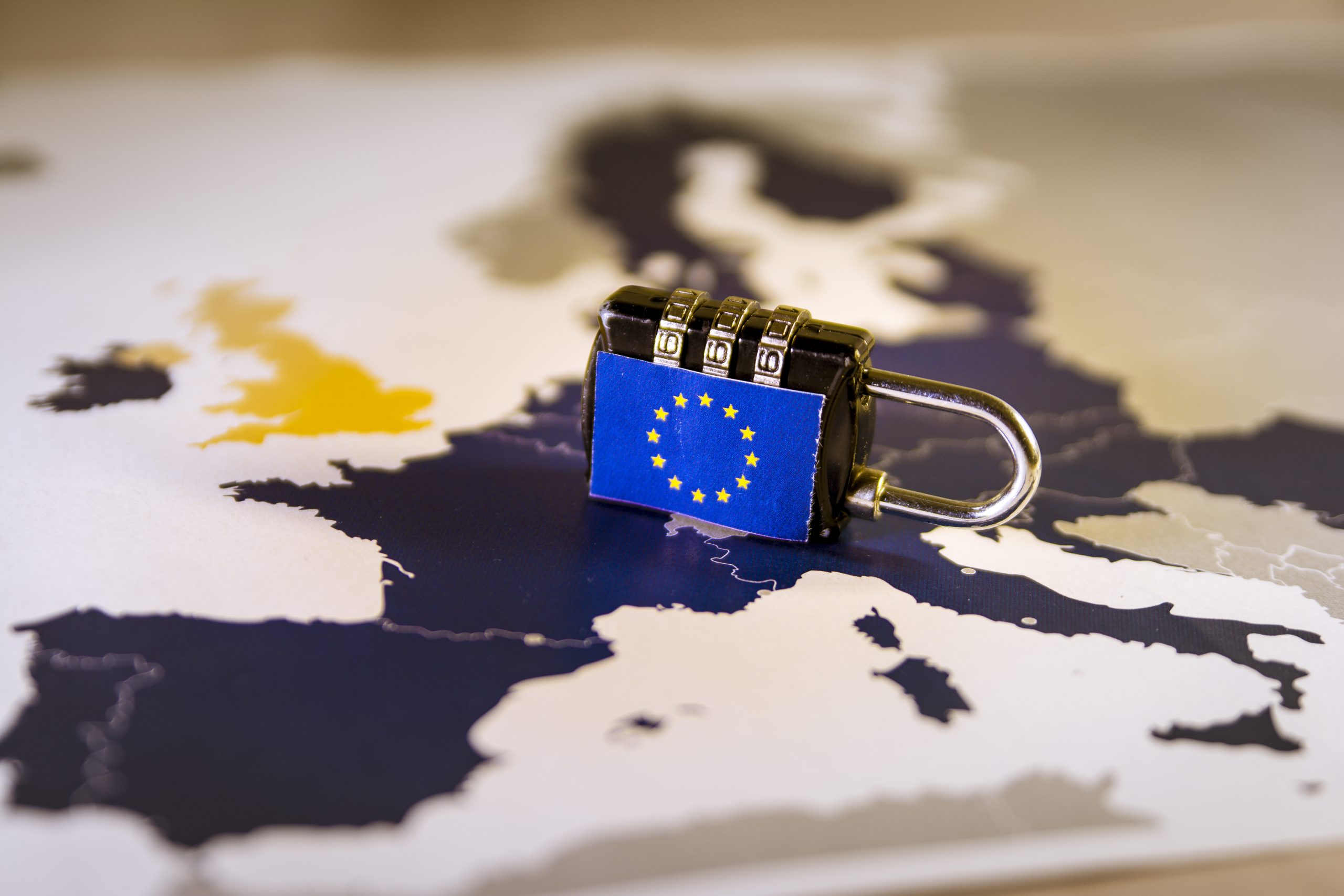The EUCROF GDPR Code of Conduct for Service Providers in Clinical Research (the Code) is the first transnational code of conduct in the area of health, applicable in all 27 EU Member States.
The lead supervisory data protection authority for the Code is the French Data Protection Authority (CNIL).
EUCROF Code Public Registry
The companies listed on this Public Registry have initiated their submission file for adherence

The EUCROF GDPR Code will help ensure the privacy rights and freedoms of trial participants while promoting the lawful, fair and meaningful use of personal data in the field of Clinical Research.
The Code has been approved the 12 September 2024 – See EDPB opinion published June 18th, 2024 [here] – See CNIL’s decision nb 2024-064 published 12 September 2024 [here]
The Code is a sign of the continued progress the organizations and Supervisory Authorities are making toward establishing harmonized standards applied to various industries across the European Union related to data protection.
Code Adherents earn the right to display a Compliance Mark for 3 years. The Mark signifies the level of adherence.
This Code is a tool to foster transparency towards patients, investigational sites, pharma, biotechs, medtechs, ethics committees, authorities ...
The Code is now public and can be obtained
Who is covered?
What is covered?
Whose data are covered?
What geographical area?
What is the current status?
As a service provider in scope of the Code, when will it be possible to initiate a request for adherence?
Learn more about the Code
Click here to download a short introduction to the Code.Send a request to COSUP@eucrof.eu and the EUCROF Team will guide you on this process. We expect the first adherence decisions to be taken in the course of Q1 2026
EUCROF Code Public Registry
The companies listed on this Public Registry have initiated their submission file for adherenceHow to Adhere
Adherence Scheme 1: Self-declaration
- Complete an organizational profile and a Code’s compliance questionnaire (“Compliance Dossier”).
- Submit your compliance dossier to the Code’s Supervisory Body (COSUP).
- COSUP will review the Compliance Dossier and issue its resolution.
Adherence Scheme 2: Audit
- Complete the Compliance Dossier and submit it through the EUCROF website to the COSUP.
- COSUP Auditor will review each Compliance Dossier for eligibility and completeness, and report to COSUP on the eligibility of the Candidate Adherent.
- Eligible Candidate Adherent will receive the audit plan and be requested to confirm agreement to the proposed process.
- Two COSUP auditors responsible for legal and technical compliance respectively will audit the Candidate Adherents on-site in accordance with the audit plan.
- Upon audit completion, the auditors will report the audit results to the ISO Auditor who will prepare the final report for the COSUP.
- COSUP will communicate the final decision on the Candidate Adherent.
